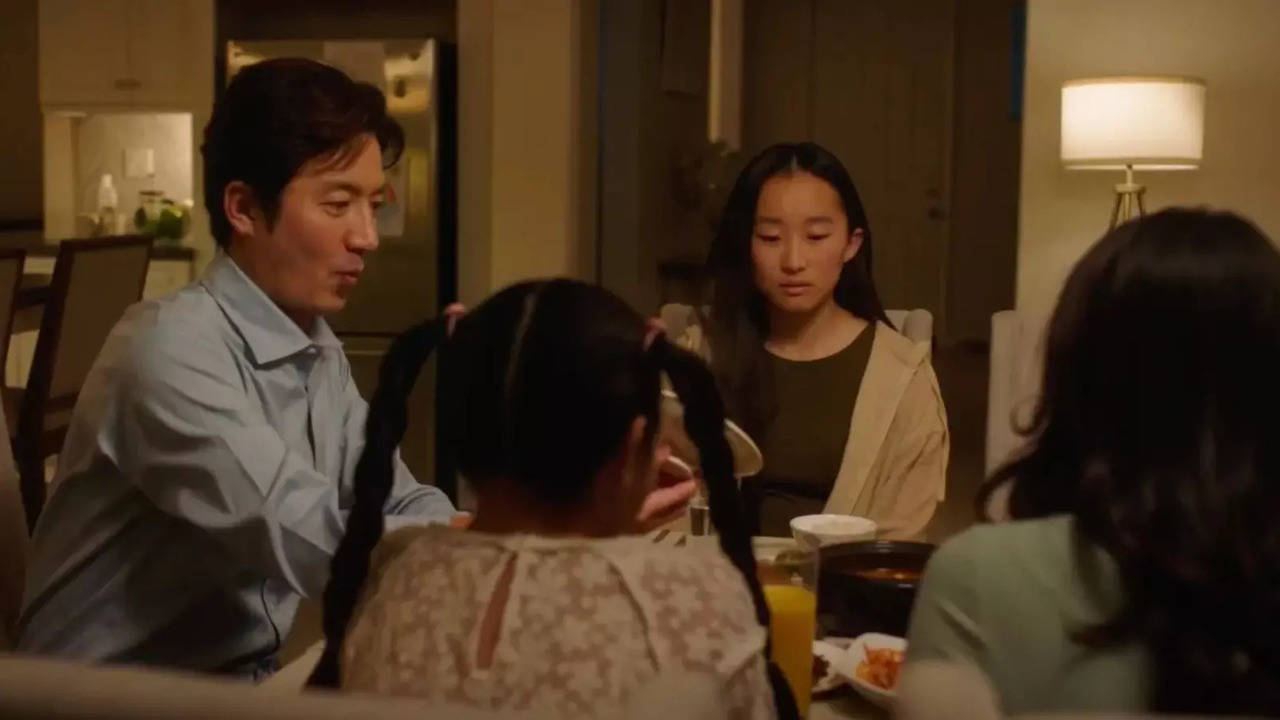
We saw debutant director So Young Shelly Yo’s debut film Smoking Tigers a few days after our own The Buckingham Murders in which the impact of the drama has been diminished by loud intrusive background music.
In India, most filmmakers are afraid of silence, especially in the background. Not so in this quietly cogent drama on the Korean experience in America. Set in Los Angeles in the early 2000s, Smoking Tigers is the kind of subdued family drama that Sooraj Barjatya would find hard to connect with.
This is a minimalist drama drawing its strength from its character’s unspoken remonstrations rather than the domestic outbursts which are infrequent here. Our protagonist is Hayoung ( Ji-Young Yoo). This is the story of Hayoung’s deep and unquestionable relationship with her Appa Dad (Jeong Jun-ho). There is an unstated bond between the father and daughter wherein a sense of trust is underlined by growing awareness of betrayal.
ALSO READ: Katy Perry Had NO Idea About Fiancé Orlando Bloom’s Star On Hollywood Walk Of Fame: When Did This Happen?
Hayoung sees her whole life falling apart after her father and mother (Abin Andrews) decide to separate. This adult decision impacts Hayoung deeply. She begins to see herself as her kid sister Ari’s guardian, answering the younger ones' questions about adult decisions to the best of her abilities.
It soon becomes apparent to Hayoung that her semi-adult perception of the adult world cannot serve as a bridge between Ari and her parents’ world. It is inspiring in a very domesticated way, to see Hayoung navigating through a world of adult prevarications, trying to find her own truth in the scrambled foliage of the family tree.
One aspect of this culturally plush emotionally hushed drama that seems to redefine the familial space is its demographic constraints. The narrative doesn’t move out of the Korean experience in America.
ALSO READ: The Last Man On Earth Actress Franca Bettoia Dies At 88
Prudently, writer-director So Young Shelly Yo concentrates on her 16-year-old protagonist. We see Hayoung’s domestic world coming apart through her eyes, much like Pikoo in Satyajit Ray’s family, except for the fact that Pikoo has no understanding of the adult world that he sees through a child’s eye, while Hayoung knows what is happening in the adult world but is unable to deal with.
A lot of the plot has an unresolved feeling to it. This gives Smoking Tigers a peculiar scent of ambiguity. In Hayoung’s classroom we always hear the teacher, but never see him. What happens off-screen seems as important as on-screen. My favourite moment in the warmly evocative narration comes at the end when Hayoung’s father announces he is returning home to Korea for better prospects.
This is the only time Hayoung confronts her Dad. By then, it is too late.

